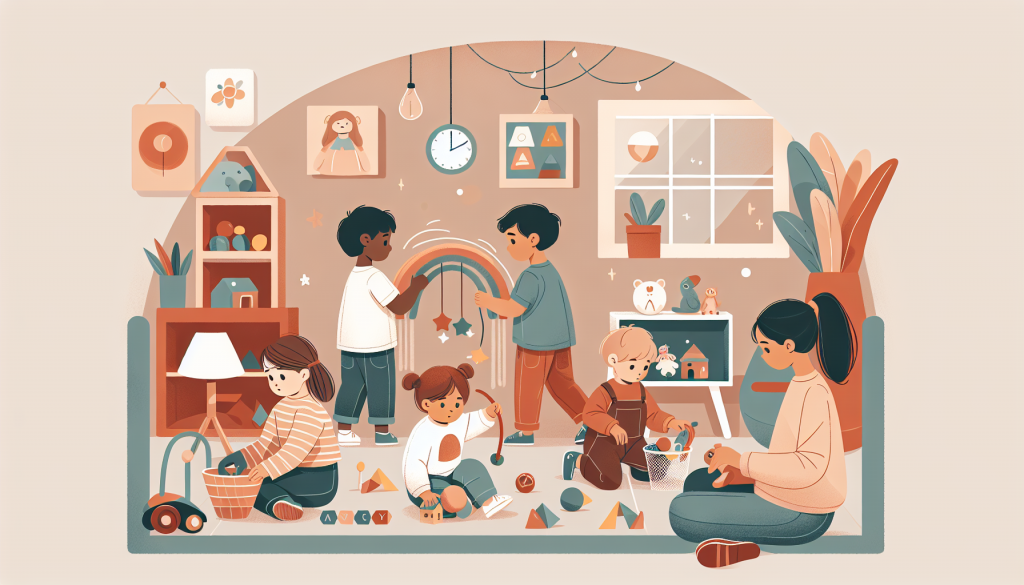Encouraging Creativity Through Play: A Guide for Parents
As parents, we all wish for our children to thrive in a world that values innovation and out-of-the-box thinking. Encouraging creativity through play is a crucial component of child development, fostering not only imagination but also problem-solving skills and emotional resilience. This article will provide you with key insights and practical parenting strategies to nurture your child’s creativity while strengthening your bond with them.
Main Points
Children express themselves and understand the world through play. It’s more than just fun—it’s a vital part of their development. According to a study published in the “American Journal of Play,” children who frequently engage in creative play tend to have better cognitive flexibility and emotional regulation skills. But how exactly does play enhance creativity and development?
- Boosts Problem-Solving Skills: When children engage in imaginative play, they encounter scenarios that require critical thinking and problem-solving. For instance, building a fort out of pillows and blankets demands both planning and adaptability.
- Fosters Emotional Expression: Play allows children to express emotions in a safe environment. Through role-playing, they learn to navigate feelings, which is integral to their emotional development.
- Supports Autonomy and Self-Expression: By making decisions during play, children exercise autonomy. This sense of control is crucial for their psychological well-being and confidence.
- Encourages Social Skills: Group play teaches cooperation, communication, and empathy. Children learn to share ideas and understand different perspectives, which are essential skills for their future interactions.
Practical Recommendations
So, how can parents effectively encourage creativity through play? Here are some simple strategies:
- Provide a Safe Space for Play: Ensure your child has a safe environment where they feel free to explore and express themselves. This could be a dedicated playroom or a corner of your living room.
- Offer Open-Ended Toys: Toys that don’t have a predefined purpose, like building blocks or art supplies, encourage creativity and imagination by allowing children to create their own rules and scenarios.
- Engage in Play with Your Child: Join in their play without directing it. This shows that you value their creativity and builds a stronger parent-child connection.
- Encourage Curiosity and Exploration: Ask open-ended questions during play, such as “What do you think will happen if…?” This stimulates critical thinking and imagination.
- Limit Screen Time: While technology can be educational, excessive screen time can stifle creativity. Encourage more hands-on play activities to balance their tech usage.
Conclusion
Incorporating creativity play children into daily life isn’t just about keeping them entertained; it’s about fostering their growth and preparing them for the challenges of tomorrow. By understanding the importance of play in child development and implementing these parenting strategies, you can nurture a creative, confident, and emotionally intelligent child. Remember, the time you invest in playful interactions is a profound contribution to your child’s future.
For more insights on child development and effective parenting strategies, explore our Child Mind website.

